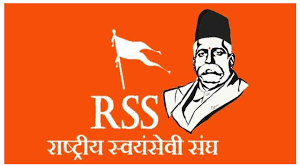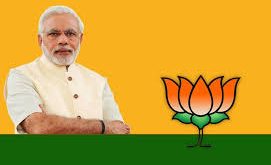For folks who like to focus on actual issues instead of ideologies, being an independent voter makes sense. Such voters are also referred to as non-affiliated or unaffiliated voters. They do not have to register themselves with either the Republican or Democratic Party, which are the two largest mainstream political parties in the United States.

Given the option, one may ask about the benefits of being an independent voter in the United States. For easy decision making, let us take a look at some of the key benefits of being an independent voter.
Focus on local issues – By being an independent voter, you can utilize the power of your vote to influence resolution of local issues. Political parties may have their own broad agenda. They may not always be able to look into local issues. If you have something that is impacting your everyday life, you can vote in favor of a candidate who can possibly attempt to fix the issue.
Power to swing votes – In closely fought contests, independent voters can have a greater influence on the outcome of elections. It can prompt politicians to closely listen to their needs and demands. Politicians from both parties may reach out to independent voters with more acceptable campaign promises.
Political diversity – Independent voters play a key role in sustaining political diversity. Independent voters can vote for independent candidates and third-party candidates. This can help introduce and nurture new ideas in the political world. It can allow new leaders to present their views and set a strong narrative. Such diversity is made possible with independent voters.
Eradicating complacency – With a larger percentage of independent voters, there is more pressure on politicians to perform. If all people vote based on pure ideologies, it may result in political complacency. This may have negative repercussions at both local and national level. With independent voters, politicians will work harder for the welfare of the people.
Lesser media influence – It is common knowledge that narratives are being widely set through social media and print media. However, an independent voter will be less susceptible to being influenced by such propaganda machines. Independent voters can seek information from multiple sources to understand what is true and what is fake. This will allow them to support candidates who are more capable, honest and committed.
As is evident, there are multiple benefits of being an independent voter. However, there can be some disadvantages too. For example, primary elections in some states allow only limited participation of independent voters. As such, their influence in shaping party platforms will be less in comparison to registered party members.
Another drawback is individual voters may have limited access to campaign outreach programs from political parties. Based on the above factors, you can decide if you want to be an independent voter or a registered party member.
 Newspatrolling.com News cum Content Syndication Portal Online
Newspatrolling.com News cum Content Syndication Portal Online







